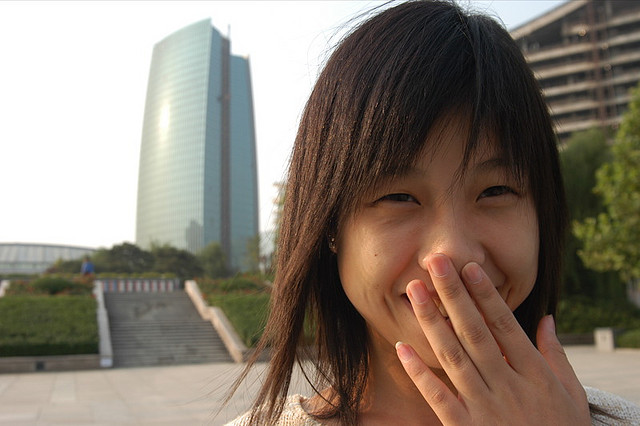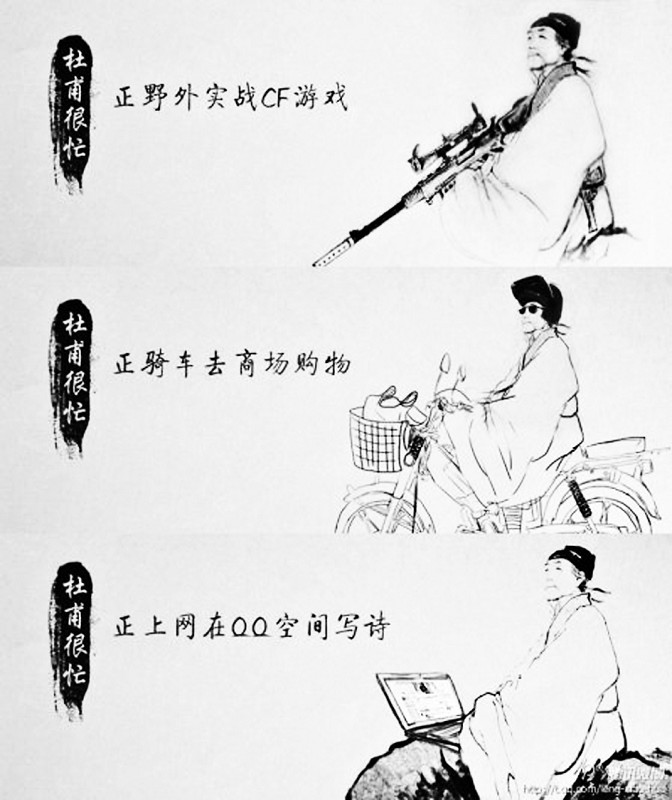Popular Chinese Slang from 2012

So you’ve been learning Chinese with your Chinese textbook and flashcards, maybe you’ve even watched a few Chinese movies, but you still don’t have a clue about what young Chinese people are posting in Weibo and website comments. Well, don’t be discouraged. The internet is full of linguistic innovation and each year brings more new phrases than the last.
To help you understand the less-than-formal Chinese that people use on the internet, here are some explanations of the most popular Chinese slang in 2012.
毁三观 huǐ sān guān “to destroy three viewpoints” Chinese culture traditionally refers to three viewpoints: your value system, your life perspective, and your worldview. 毁三观 is used to describe a shocking event or piece of information that completely overwhelms your previous beliefs.
我又相信爱情了Wǒ yòu xiāngxìn àiqíngle. “I believe in love again.” Earlier in 2012, the Chinese real estate tycoon, Wang Shi (王石), gave up all of his money and property in order to pursue love. Netizens in China were very moved by his decision and this phrase came up again and again as a response to the story. Now it is commonly used to compliment romantic gestures, but also in a sarcastic way when someone fails to impress their boyfriend or girlfriend.

白富美 / 高富帅 bái fù měi / gāo fù shuài “white, rich and beautiful / tall, rich and handsome” These phrases are very similar to the English expression, “tall, dark and handsome.” In Chinese, though, there is also a phrase that refers to women. The common, modern Chinese culture sees white skin as higher-class compared to darker skin. This perception likely comes from the Chinese peasants who have to work in the fields all day and become very tan. As such, Chinese people prefer to present themselves as well-off and having office jobs by having lighter skin. While whiteness is valued by both genders, it is somewhat more important to females, hence the phrase 白富美 bái fù měi.

